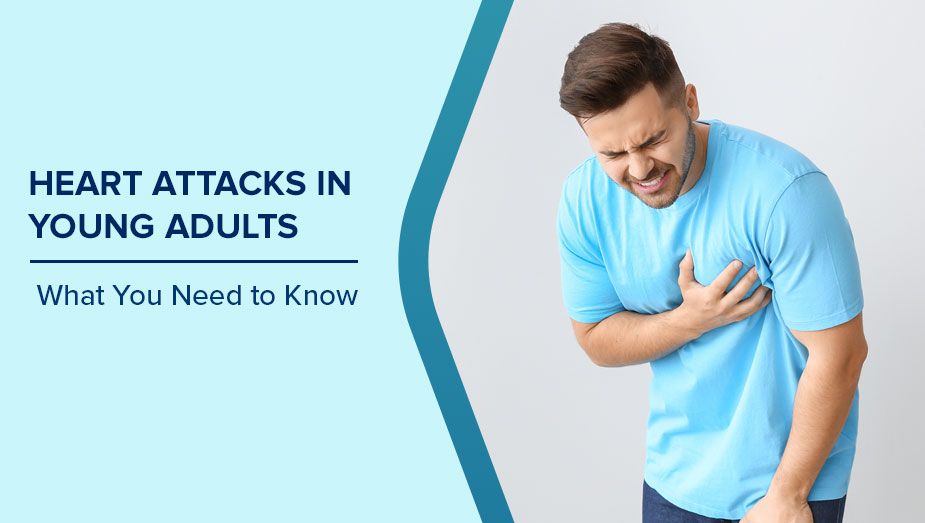A disturbing trend is emerging in the corridors of hospitals and emergency rooms across the country: more and more young adults—some in their twenties and thirties—are falling victim to heart attacks. Once considered an ailment of age and long-term neglect, heart disease is now cutting short the lives of those just beginning to build their futures. The shift is not a medical anomaly; it is a reflection of the times we live in—fast-paced, high-pressure, and alarmingly disconnected from balance.
The image of youth has long been one of invincibility: energy, ambition, and health in abundance. But today, beneath that surface lies a quiet storm. Young professionals, entrepreneurs, and students alike are navigating a world of hyper-connectivity, erratic work schedules, ultra-processed diets, and relentless expectations. Sleep, once a natural daily rhythm, is now a negotiable variable. Mental fatigue is glamorised, and rest is mistaken for weakness. In such an environment, the heart—designed to endure but not to withstand unrelenting abuse—falters.
The tragedy is not only in the loss, but in the denial. Warning signs—chest discomfort, shortness of breath, unexplained fatigue—are often brushed off or rationalised as stress. Checkups are deferred, even among the well-informed, because of a misplaced belief that youth is synonymous with immunity. And fitness, too often mistaken for aesthetics alone, misses the deeper markers of cardiovascular health.
Behind these cases lies a shared thread: a culture that applauds the grind, idolises the hustle, and neglects the human machine. The constant pursuit of productivity has turned into a race without rest, and the price we pay is internal—quietly accumulating until it explodes into a crisis.
But this narrative need not end in despair. Awareness, when paired with responsibility, can be transformative. Regular health screenings, intentional nutrition, prioritised sleep, and stress management must no longer be occasional interventions, but embedded habits. Self-care must evolve from indulgence to discipline. True elite living lies not in indulgence or overwork, but in longevity, vitality, and presence.
For the institutions we occupy—be it corporate offices, creative studios, or academic campuses—this is a reckoning. Policies must reflect the new reality: that health is not a benefit, but a foundation. And for each of us, the choices we make in silence—what we eat, how we rest, how we cope—are the loudest conversations we will ever have with our future.
The heart may be a muscular organ, but it responds most to emotional truth. It does not ask for grand gestures, only for attention, consistency, and care. Let us give it that—before it stops giving us everything else.











